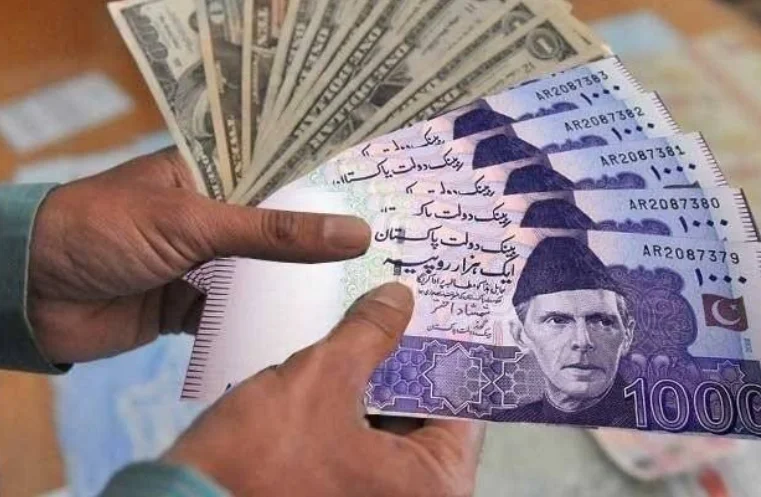Islamabad, Feb 20: The Economic Advisory Council (EAC) has recommended that Prime Minister Shehbaz Sharif take decisive steps to enhance Pakistan’s export competitiveness by addressing exchange rate pressures. During a recent meeting, several EAC members highlighted concerns over the rupee’s valuation, citing the Real Effective Exchange Rate (REER) of 104.05 in January, which suggests an overvaluation of approximately 4%. However, Foreign Minister Ishaq Dar countered this claim, arguing that the rupee is actually undervalued by at least 15%.
Exporters within the council voiced their concerns, emphasizing that an overvalued rupee negatively impacts export growth by making Pakistani goods less competitive in the global market. Additionally, data from the central bank revealed a significant decline in foreign exchange reserves, which fell by $1 billion, bringing the total to $11 billion as of last week. This decline has further intensified concerns about the country’s economic stability.
Another key topic discussed was the easing of import restrictions to support local industries. The central bank confirmed that duty-free imports for essential goods such as cotton, textile machinery, and raw materials had been approved. Some members suggested allowing raw sugar imports for processing and re-export to boost trade, while others proposed the removal of sales tax on imported raw materials to reduce costs for domestic manufacturers.
Read More:
Pakistan’s State-Owned Firms Report Rs. 851 Billion Loss in FY24
Recognizing the urgency of these economic challenges, Prime Minister Shehbaz Sharif instructed authorities to work closely with the EAC in developing a comprehensive strategy. This approach aims to stabilize the exchange rate, enhance exports, and ensure sustainable economic growth by addressing key industry concerns. With a well-planned policy framework, Pakistan can strengthen its economic position and maintain a competitive edge in international markets.
